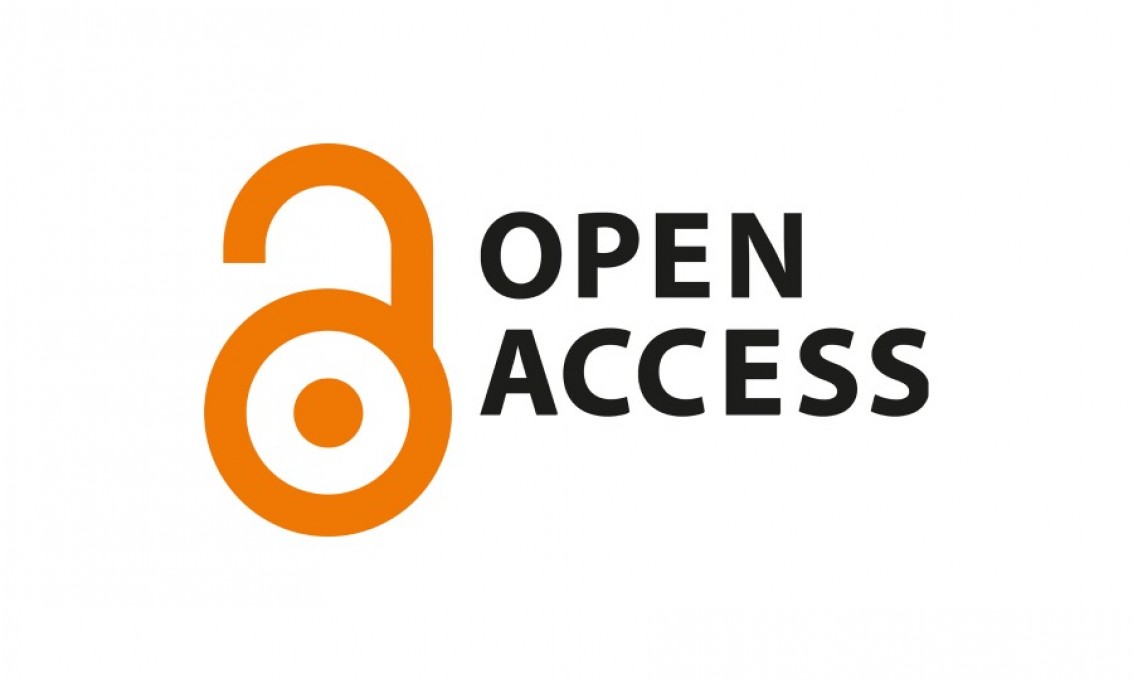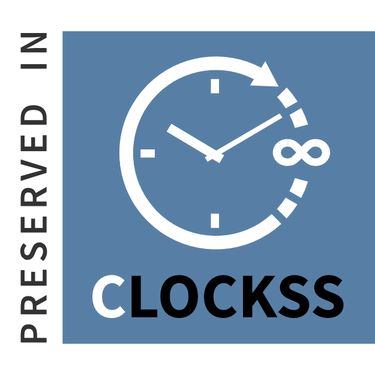Evaluating Training Programs Based on Some Physical Capacities, Functional Indicators, and Performance for 200m Male Sprinters
Keywords:
200mAbstract
The effectiveness of (200 m) of the events of extreme intensity and this is characterized by training in the anaerobic energy system prevailing in the result of this privacy as these are based on the physical abilities and functional indicators identified in this direction and hence the importance of research in the evaluation of training programs on the basis of physical abilities and some indicators of the functionality of the hostile 200 m .
The study aimed to: 1. Evaluation of training programs according to physical abilities and some functional indicators of hostile men.
The researchers used the descriptive analytical method to suit the nature of the research. The researchers selected them research sample by the deliberate method of the men's elite in the 200m (3) runners, representing the top three of the total of (8) runners to the final race in the Iraqi Clubs Championship In the light of the results obtained by the researchers, they reached a number of conclusions where the training program for the effectiveness of 200 meters in the rate of production of lactic acid after the end of physical effort, and the development of maximum speed, speed and achievement
In light of the conclusions reached by the researchers recommends the following:
1- Adopting physical abilities and functional indicators to analyze training programs for 200 men
2 - Conducting an evaluation using mechanical and psychological indicators of hostile 200 m.
References
Abu Al-Ala Ahmed: "Training Load and Athletic Health," Cairo, Dar Al-Fikr Al-Arabi, 1996.
Abu Al-Ala Abdul Fattah: "Contemporary Sports Training," 1st edition, Cairo, Dar Al-Fikr Al-Arabi, 2012.
Ahmed Khater & Ali Al-Bayek: "Measurement in Sports," Cairo, Dar Al-Ma'arif, 1978.
Ahmed Farhan & Hussein Manati: "Physiology of Physical Effort," Baghdad, Al-Sadiq Press, 2017.
Hanafi Mahmoud Mukhtar: "Football Technical Director," Cairo, Book Center, 1998.
Saleh Shafi Sajat: "Sports Training: Concepts and Applications," Damascus, Dar Noor and Dar Al-Arab for Studies, Publishing, and Translation, 2011.
Abdul Rahman Muhammad Al-Sadani (et al.): "Introduction to Scientific Research," Cairo, Dar Al-Kitab Al-Hadith, 2010.
Abdullah Hussein Al-Lami: "Scientific Foundations of Sports Training," Al-Taif Press, Baghdad, 2004.
Fadel Daham: "Sports Training," Baghdad, Al-Yamama Press, 1st edition, 2017.
Mohammad Hassan Alawi & Mohammad Nasr Al-Din Radwan: "Measurement in Physical Education and Sports Psychology," Cairo, Dar Al-Fikr Al-Arabi, 2000.
Mohammad Ali Ahmad Al-Qatt: "Physiology of Athletic Performance in Swimming," Cairo, Arab Publishing Center, 2006.
Marwan Abdul Majid Ibrahim: "Research Methods and Methodologies in Physical Education," Amman, Dar Al-Ilmiya for Publishing and Distribution, 2002.
Nouri Ibrahim Al-Shouk & Rafi' Saleh Al-Kubaisi: "Researcher's Guide for Writing Research in Physical Education," 1st edition, Baghdad, Al-Noor Library, 2004.
Hazzah Bin Mohammad Al-Hazzah: "Physiology of Physical Effort," Riyadh, King Saud University, 2008.
Cloday and Others: "Methodology of Training," Moscow, 1986, p. 327-328.
IAAF: "New Studies in Athletics: The Technical Quarterly," 1.12.2012.
J.M. Ballesteros & J. Alvarez: "Track and Field: A Basic Coaching Manual," Book No. 1, Spain, 1979.
Judar D. Bompa: "Theory and Methodology of Training," Second Edition, Kendall/Hunt Publishing Company, Dubuque, Iowa, 1985.
Maglischo, W: "Swimmer Faster," Mayfield Publishing Co., California, USA, 1982.
Downloads
Published
Issue
Section
License
Copyright (c) 2019 Modern Sport

This work is licensed under a Creative Commons Attribution 4.0 International License.















